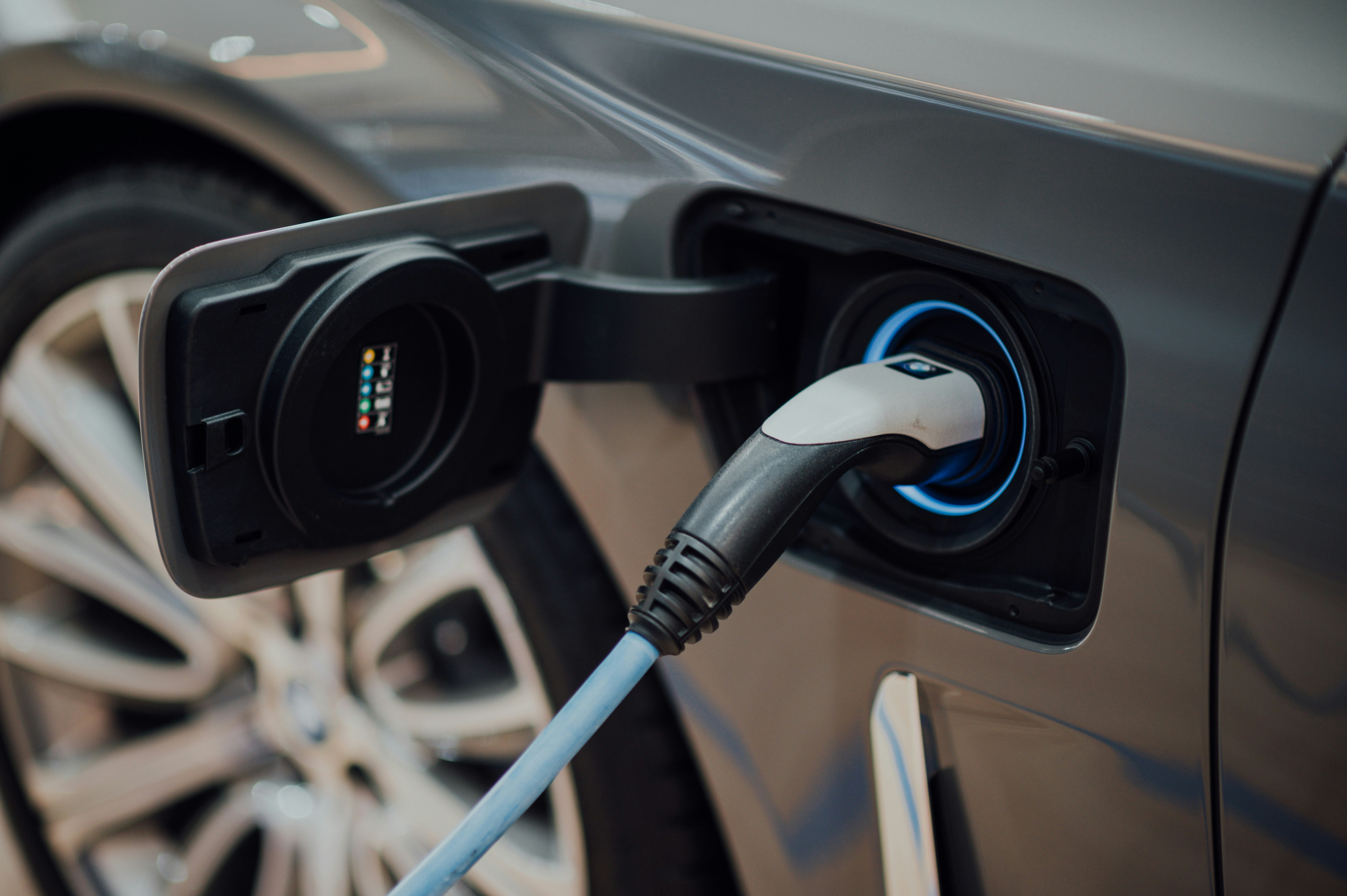Test- FTSE 100 Kicks Off August on a High as BP and Senior Lead Market Momentum
$11
10 Oct 2025, 13:13

Unsplash.com

Beijing has been notified by the European Union of its intention to apply further tariffs on Chinese imports of electric vehicles (EVs), which might lead to a trade conflict. With these levies, the alleged state assistance that permits Chinese automobiles to be sold for less than those of their international rivals is intended to be offset.
The EU Commission has pre-disclosed provisional tariffs beginning on July 4th, following a nine-month inquiry into alleged unfair subsidies for Chinese battery electric vehicles. These comprise, on top of the current 10% tariff, 17.4% for BYD, 20% for Geely, and 38.1% for SAIC.
In the event that discussions with Chinese authorities fail to result in a deal, BMW Brilliance and other collaborating but unsampled producers would be subject to an average extra 21% levy. Duties on producers that refuse to cooperate would increase by 38.1%.
It is essential to remember that these tariffs are temporary, and in four months, the final amounts will be decided.
UBS envisions two primary outcomes in the event that the verdict is made final. It is possible that the concentration of Chinese OEMs entering the EU market will deter smaller companies. Leaders in the sector are anticipated to keep pushing, though.
Global markets often provide larger margins than the home market for Chinese electric vehicle manufacturers, enabling some price reductions to partially offset the impact of tariffs.
Leading Chinese producers will also probably quicken the localization of assembly inside the EU, a development that member nations like Hungary, Italy, and Spain will applaud.
It is yet unclear if China will impose a greater import duty in retaliation. A proposed 25% levy on internal combustion engine (ICE) automobiles with a displacement of more than 2.5 litres has been discussed.
Analysts at UBS believe that Porsche, which imports 100% of its sales into China, would be most affected in such a situation, followed by Mercedes (22%), BMW (14%), and Volkswagen (4%). It's still unclear, though, if China would take any kind of action and, if so, whether it will target other industries or the car industry specifically.
In other news, BofA analysts noted that the announced tariffs are somewhat higher than their projections. As a result, after the announcement, the share price of Renault slightly increased, while that of German OEMs decreased.
In the meanwhile, Tesla has asked for a tariff rate that is specifically determined for it, claiming that it has not gotten as much support as other Chinese businesses.
Bernstein analysts anticipate that Tesla will pay less if anything at all.
(Sources: investing.com, reuters.com)